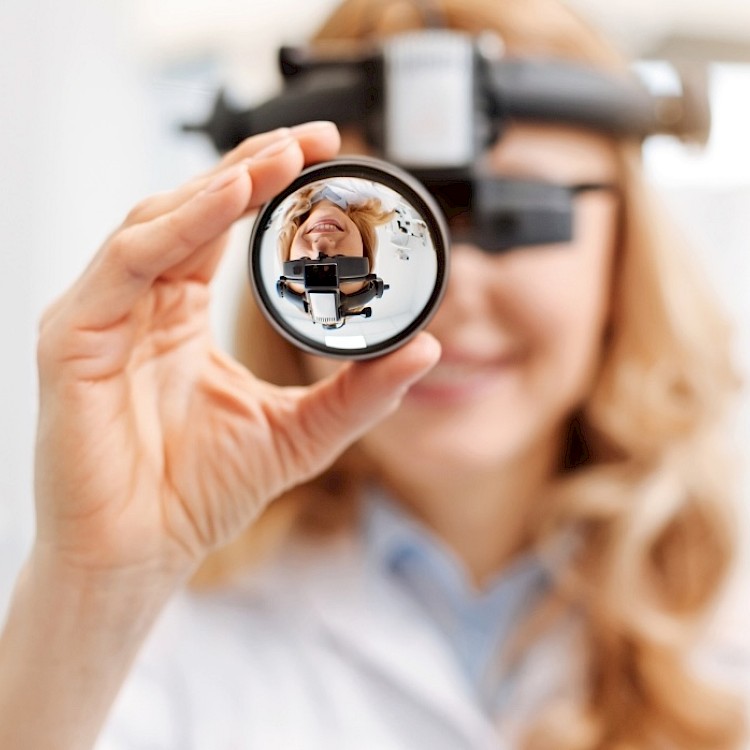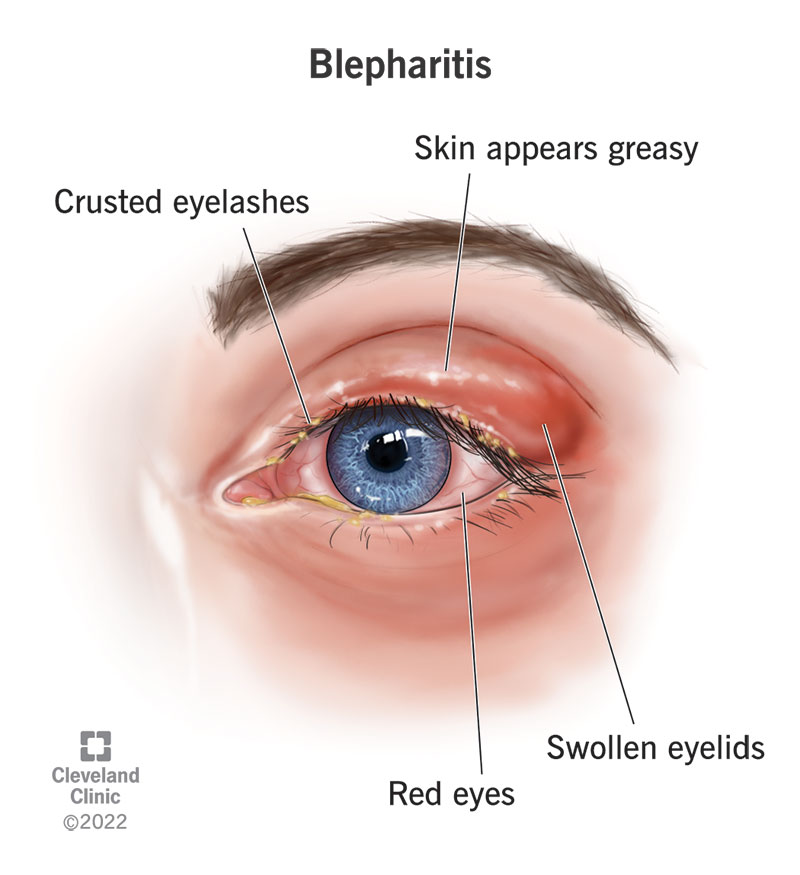All Categories
Featured

While the majority of people comprehend the relevance of safeguarding their skin from the sun, the dangerous impacts of ultraviolet (UV) rays on eye health usually go forgotten. Whether you're saturating up the sunlight on a summer day or walking outdoors on a gloomy afternoon, securing your eyes from UV rays is vital.
What Are UV Rays? UV rays are a sort of electromagnetic radiation released by the sunlight. They are categorized right into three types:
UVA Rays: These penetrate deep right into the skin and eyes and can add to long-lasting damage. UVB Rays: These rays are more extreme than UVA and are mostly in charge of surface-level damage to the eyes and skin. UVC Rays: These are one of the most harmful however are primarily soaked up by the Earth's ozone layer and don't generally reach us. UVA and UVB rays are the key offenders behind eye-related damages.
Short-Term Results of UV Direct Exposure on the Eyes. Even temporary exposure to extreme UV rays can hurt your eyes. One typical condition triggered by this is photokeratitis, or "sunburn of the eye." Symptoms of photokeratitis include:
Painful, red eyes. Sensitivity to light. Tearing or too much watering. Short-lived vision loss or blurred vision. Photokeratitis is generally momentary, but it works as a caution of how harmful UV exposure can be, even in tiny dosages.
Long-Term Results of UV Direct Exposure. Extended direct exposure to UV radiation can lead to more severe and permanent eye problems, such as:
Cataracts: UV rays can increase the formation of cataracts, a problem that triggers clouding of the eye's all-natural lens, leading to blurry vision and, if untreated, loss of sight.

Macular Degeneration: UV exposure can harm the retina, specifically the macula, increasing the danger of age-related macular degeneration (AMD), which affects central vision.
Pterygium: A growth of tissue on the white component of the eye that can cross the cornea, causing pain, soreness, and vision troubles.
Pinguecula: UV direct exposure can cause yellow-colored down payments to create on the conjunctiva, resulting in inflammation and dry skin.
Skin Cancer Around the Eyes: The delicate skin bordering your eyes is very vulnerable to UV radiation, increasing the danger of skin cancers cells like basic cell carcinoma and squamous cell cancer.
Exactly How to Shield Your Eyes from UV Rays. Shielding your eyes from UV rays is easy and needs a few mindful practices:
Spend in Top Quality Sun glasses: Choose sunglasses that block 100% of UVA and UVB rays. Try to find tags that define "UV 400" protection. Wrap-around designs are perfect as they block UV rays from the sides also.
Put On a Wide-Brimmed Hat: A hat with a brim at least three inches vast can substantially decrease UV exposure to your eyes and face.
Restriction Exposure Throughout Peak Hours: UV rays are strongest in between 10 a.m. and 4 p.m. If you must be outdoors throughout these hours, make sure you're adequately shielded.
Don't Be Deceived by Clouds: UV rays can permeate through clouds, so it is essential to wear sunglasses even on overcast days.
Safeguard Your Eyes Year-Round: Snow, sand, and water can mirror UV rays, increasing their results. Eye security isn't simply for warm summer days-- guarantee you're covered in all periods.
Use UV-Blocking Call Lenses: Numerous get in touch with lenses currently feature UV defense. If you put on calls, ask your optometrist about lenses with built-in UV filters for added protection.
Encourage Eye Defense for Kid: Children's eyes are more conscious UV rays due to the fact that their lenses are clearer, enabling even more radiation to reach the retina. Ensure they put on sunglasses and hats during outdoor activities.
Routine Eye Tests. Normal exams with an eye care expert are vital for early detection of any UV-related damage. An optometrist or eye doctor can examine your eyes, suggest safety procedures, and discover conditions like cataracts or macular degeneration beforehand.
Final thought. By using UV-blocking sunglasses, restricting sunlight exposure throughout top hours, and remaining constant with eye tests, you can ensure your eyes stay healthy and balanced and your vision stays clear for years to come. Securing your eyes from UV radiation isn't just about comfort-- it's a vital action in protecting your lasting eye wellness.
Latest Posts
Style and Performance Combined
Choosing the Right Bank Account for Your Needs
Minimal Effort, Maximum Sparkle: The Bath Fitter Advantage